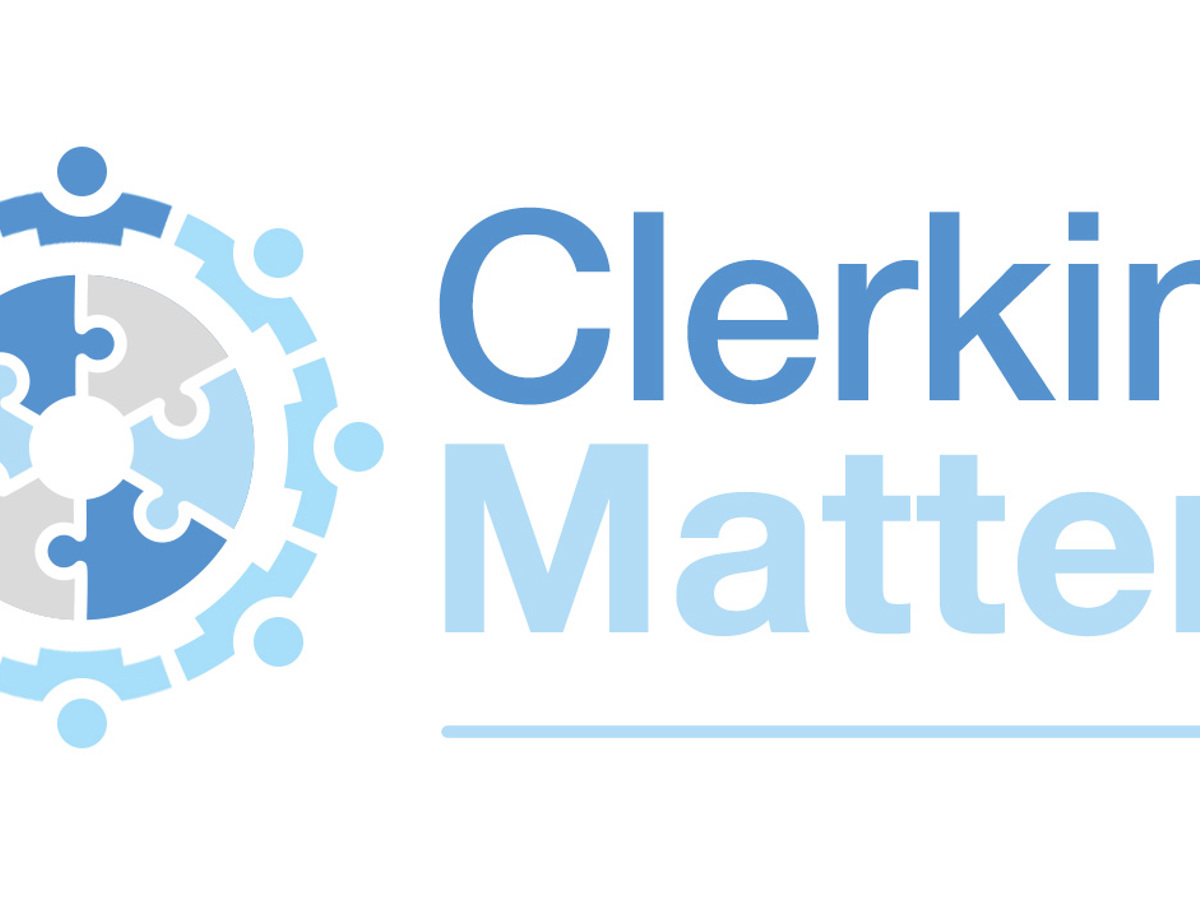The role of the clerk in FE colleges
Insights into the role of the clerk, promoting professional learning across the further education clerking community
The role of the clerk is increasingly recognised as significant in the governance of colleges in the FE sector. The role and the responsibility is set out in statute and guidance and in practice the role is increasing in importance and gaining enhanced status in college governing.
Research overview
To find out more about the role, the Education and Training Foundation commissioned a team from the University of Bath to research the role in particular in relation to ensuring high quality college governance. This document reports the research undertaken and the findings.
The overall aims of the project were to:
- gain new research-based insights into the role of the clerk
- engage the ‘FE clerk community’ to enhance those new research-based insights
- to bring about professional learning across the ‘FE clerk community’ by engaging clerks in the various regions in England fully in the research process
Key findings
The findings of the research project described in this report draw attention to a number of
important aspects of the role of the clerk:
1. The development of clerking expertise. Approximately half the respondents have a relevant qualification, or have experience in the FE sector. However, there is scope for further improvement, for example by increasing the proportion of clerks who have relevant qualifications.
2. Clerks’ contribution to FE governance. The data indicates that clerks make a considerable contribution to enabling high quality governing of FE colleges.
3. Support for the role and enhancing the role’s status. The apparent lack of resources (in terms of contracted time and support) allocated to the role-holders and their apparent low status are matters of interest. They were factors which respondents felt constrained them in their role. Arguably, there is scope to raise the role’s status and ensuring that adequate resources are consistently allocated.
4. The importance of the adopting of a code of practice that sets out clearly and unequivocally the roles and responsibilities of all those involved in FE governing and governance.
5. Ensuring that the clerk’s authority – the legitimacy of their power to influence - is not compromised in any way is important. The clerk’s authority can potentially be undermined in a range of ways, through for example, conflicting accountabilities and playing down the status of the role.
6. The role of the clerk in FE is different from the role in sixth-form settings. Arguably, this difference could feature in any guidance of the role in FE settings.
7. The clerk’s role is dynamic and potentially very malleable in nature. Key features of the context of the clerk’s work, such as the way the principal and the chair enact their roles and the constitution and operation of the governing body are susceptible to change and may do so rapidly.
8. There is potential for changing the way the role is conceptualised and configured in practice which could improve the quality of FE governance.
Related content
-
Guidance
![training group of sitting people celebrating]()
-
Research
![people laughing in a meeting]()
-
Tools & templates
![tools-resources someone checking over their calendar]()
-
Tools & templates
![tools-resources open purple backed diary]()
-
Guidance
![training someone using their computer whilst holding object]()
-
Guidance
![two people shaking hands at a meeting]()
-
Tools & templates
![people two people reading off a laptop smiling]()
-
Tools & templates
![tools-resources man pointing at paper woman writing on different paper]()
-
Tools & templates
![two people shaking hands at a meeting]()
-
Guidance
![tools-resources someone checking over a document holding their pen]()
-
Tools & templates
![two ladies and a man smiling in a meeting]()
-
Guidance
![two ladies and a man smiling in a meeting]()
-
Guidance
![tools-resources two people holding and reading the same piece of paper]()
-
Guidance
![school-environment woman walking up flight of stairs]()
-
Guidance
![four people talking in a meeting]()
-
Training & development
![]()
-
Training & development
![people woman writing notes off her laptop]()
-
Training & development
![people woman writing notes off her laptop]()
-
Training & development
![training man and woman working from same laptop]()
-
Training & development
![training woman on laptop smiling]()
-
Training & development
![Man talking to two people in meeting]()
-
E-learning
![]()
-
E-learning
![]()
-
E-learning
![]()
-
E-learning
![]()
-
E-learning
![]()
-
E-learning
![]()
-
E-learning
![]()
-
E-learning
![]()
-
E-learning
![]()
-
Blog
![Lady smiling in meeting]()
-
Blog
![]()
-
Podcast
![puzzled vision trying to find the missing pieces]()
-
Campaign
![]()
-
News
![campaigns owl wearing an academic cap]()
-
Webinar
![vision of someone climbing stairs to reach the light bulb]()
-
Webinar
![man with his hands clenched together sitting at a meeting]()
-
Governing Matters
![Illustration of arrows moving up]()
-
News
![Decorative]()
-
Blog
![Decorative]()
-
Blog
![Decorative]()
-
Blog
![Decorative]()
-
Blog
![Decorative]()
-
Podcast
![two people shaking hands]() Updated: 11/03/2021Clerking
Updated: 11/03/2021ClerkingThe role of clerks and other governance professionals in developing and maintaining effective working relationships
-
Blog
![Decorative]()
-
Events & networks
![]()






































